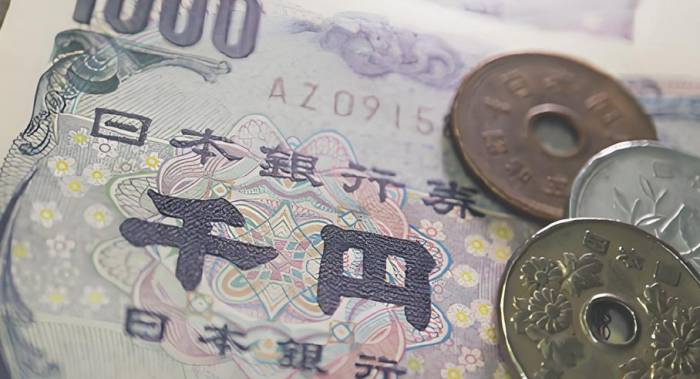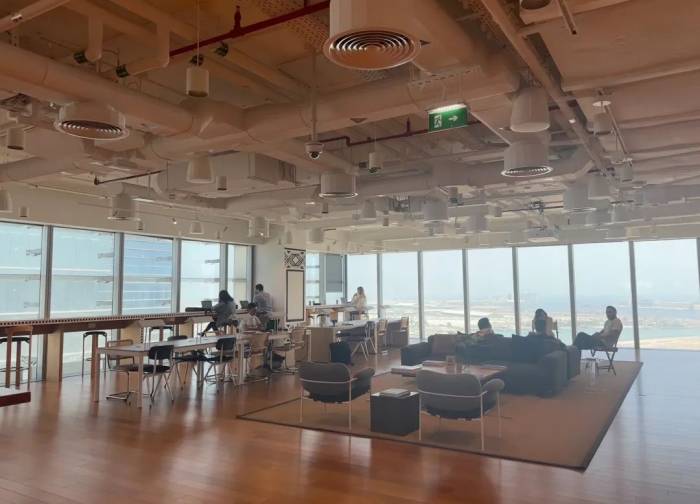The European IPO market is currently facing perhaps its greatest challenge since the worldwide financial crisis.
On August 2nd, the Association for Financial Markets in Europe (AFME) reported that only 34 companies went public in Europe during the first half of the year, marking the lowest number since 2009. In the same period, IPOs raised €2.4 billion, which is a staggering 42% drop year-on-year, representing the lowest fundraising level in 14 years.
Richard Spilsbury, a partner in PwC's UK Capital Markets division, openly stated that "IPO activity is extremely lacking."
In the UK, journalists have noted that rising interest rates and record levels of inflation have led many companies to delay their IPO plans. Simultaneously, the American market is becoming increasingly attractive to European companies due to the potential for greater funding opportunities available across the Atlantic.
Declining IPO Enthusiasm
The decrease in both the number and scale of IPOs has plunged the European market into anxiety. In response to these trends, European policymakers are initiating reforms, with the UK implementing measures to direct funds toward high-growth businesses. The EU is also working to streamline listing procedures across member states and enhance the visibility of small enterprises among investors.
Among the companies that have successfully gone public, very few have experienced the anticipated rise in stock prices on their debut, which underlines the market's struggles. Spilsbury believes the stock performance of recently listed companies has been "overall quite poor," deterring some fund managers from engaging in new stock issues.
Analysis from Reuters Breakingviews of ten larger publicly traded companies shows that half of them are currently trading below their listing price. On average, these companies have seen their stock prices increase by only 3% since their IPOs, while the European STOXX 600 index has gained nearly 10% as of the end of July. This stark contrast highlights the embarrassing returns for newly listed shares.
Notably, London's largest IPO of the year was financial technology firm CAB Payments, which, despite raising £300 million, saw its stock price plummet by almost 10% on the first day of trading.
Numerous European enterprises have attempted to find the right time to list, yet many have opted to cancel or postpone their IPOs instead.
For instance, Italian software company Maggioli SpA and its shareholder Pacri Srl recently abandoned their IPO plans in Milan, citing unfavorable market conditions that failed to yield "satisfactory valuations." Meanwhile, German energy storage provider Intilion postponed its IPO in July, asserting that it could not achieve an "appropriate" valuation in the current climate. In mid-June, Turkish coal ash producer WE Soda scrapped its IPO in London, with CEO Alasdair Warren expressing disappointment over the low valuation offered by investors.
Given these circumstances, the near-freeze of the European IPO market is expected to persist for the foreseeable future. Industry bankers predict that many price-sensitive merger funds will delay the listings of large European companies for the remainder of the year.
For example, Swedish private equity firm EQT is now planning a private placement for Swiss skincare company Galderma, providing more time for its long-anticipated IPO. Reports indicate that the company's valuation could exceed $20 billion.
Moreover, according to Reuters, Schott AG's medical glass division, Schott Pharma, is preparing to go public in Frankfurt after this summer, while defense contractor Renk intends to list by the end of the year, assuming its private equity owner Triton rules out a private sale.
Bank of America suggests that Europe may be a while away from experiencing a new wave of IPOs. James Palmer, the bank’s head of equity capital markets for Europe, the Middle East, and Africa, indicated that historical trends show that downturns in the IPO market often last around two years before a rebound occurs. "It currently appears that history is repeating itself,” noted Palmer.
Palmer further explained, "This will be a gradual recovery, rather than a rush of deals. Overall indices may perform well, but beneath the surface, individual stocks are exhibiting complex movements."
Shifting Focus to the U.S.
Faced with the challenges of the European market's inability to retain high-growth firms, many companies are setting their sights on the U.S. For these businesses, the American market presents a larger pool of capital, coupled with investors who are more willing to take risks and provide funding for new ventures.
Data from Dealogic reveals that the slowdown in U.S. IPOs this year is significantly milder, with 75 companies going public in the first half, raising $11.5 billion, the lowest number and value since 2015.
Since the beginning of this year, several firms, including semiconductor manufacturer ARM, have chosen to relist in the U.S. rather than pursue local options.
ARM, which is backed by SoftBank and based in Cambridge, England, is reportedly planning to go public on Nasdaq as early as September, with a target valuation between $60 billion and $70 billion. Capitalizing on the artificial intelligence wave, it is poised to be one of the largest IPOs in the U.S. market in the past two years.
Global mining giant AngloGold Ashanti announced in May its intention to shift its primary listing to New York while maintaining Johannesburg and Ghana as secondary locations.
CEO Alberto Calderon noted that New York already serves as the company's secondary listing site, and making it the primary location would provide AngloGold access to "the world's largest capital market and pool of gold investors." He expressed concerns that listing in London could harm the liquidity of its stock.
Traditionally, London has been a primary listing venue for many major mining companies globally, indicating a decline in its allure while Wall Street's appeal continues to rise.
Additionally, companies already listed on European exchanges are also contemplating U.S. relocations.
For example, Irish building materials firm CRH plans to transition its primary listing to the U.S. while delisting from the Dublin Euronext, although it will maintain its listing in London. This shift is expected to take effect on September 25.
According to CRH, nearly three-quarters of its revenue comes from the North American market, which is anticipated to be a primary engine for future growth. The company believes this change will offer more commercial, operational, and acquisition opportunities while providing shareholders with enhanced profitability and dividends.
Meanwhile, Shell's executives have also stated earlier this year that they considered relocating the company’s headquarters to the U.S.
Julio Suarez, AFME’s research director, commented that "Some European companies prefer listing overseas, as the U.S. provides better liquidity. Structurally, the U.S. capital market is more attractive for venture capital."
Gary Simmons, managing director of AFME, added that “European exchanges are becoming increasingly evidently outmatched by the U.S.”






























Join the Discussion